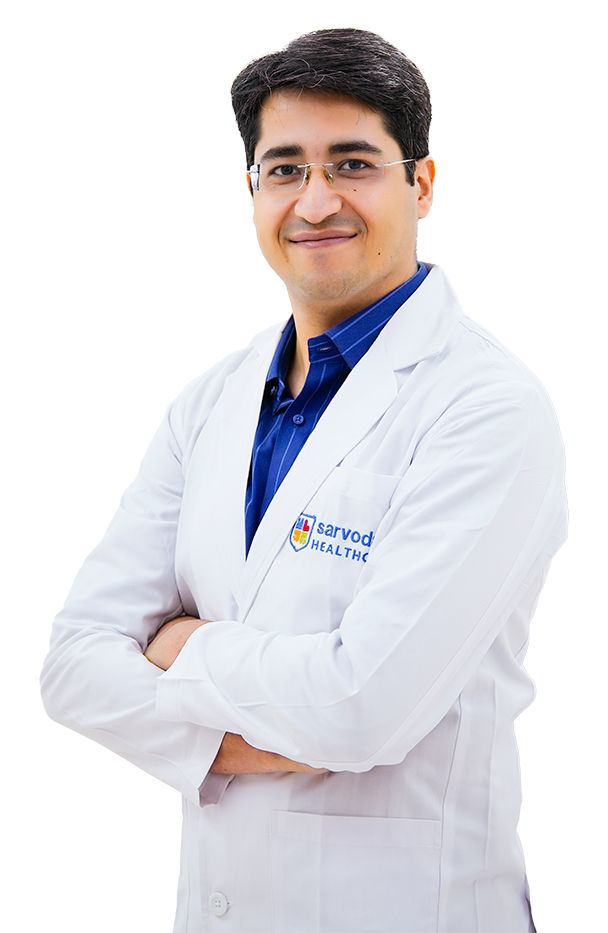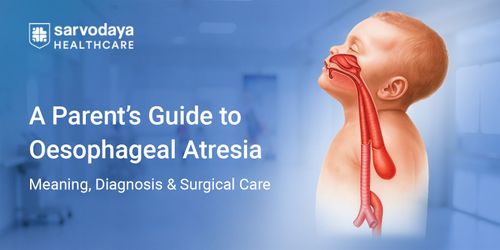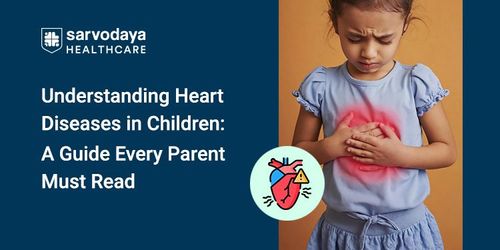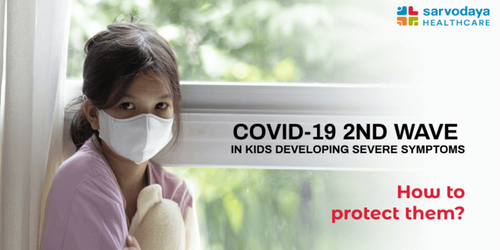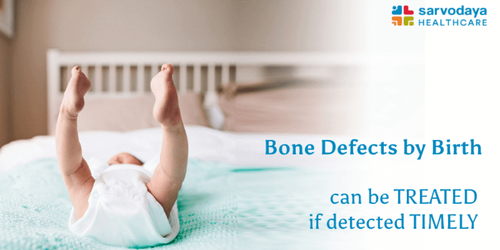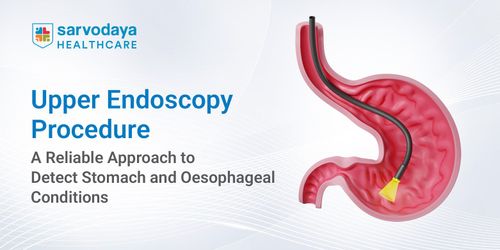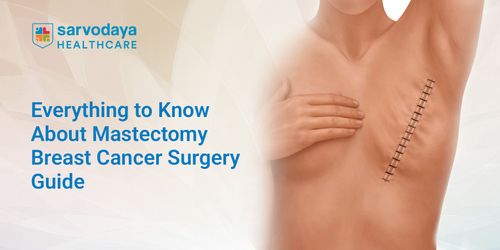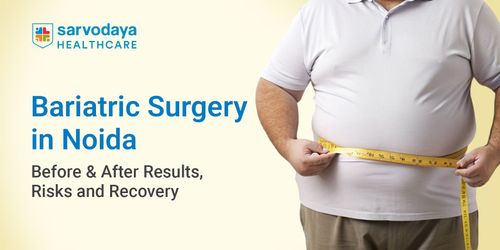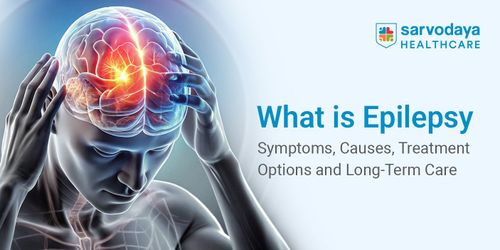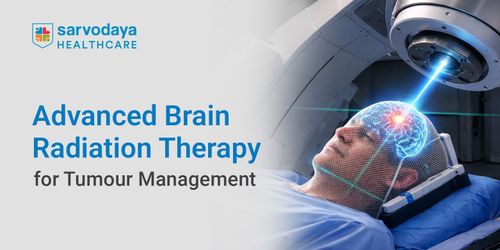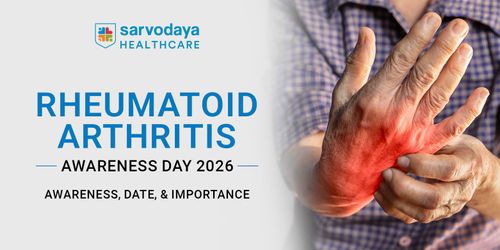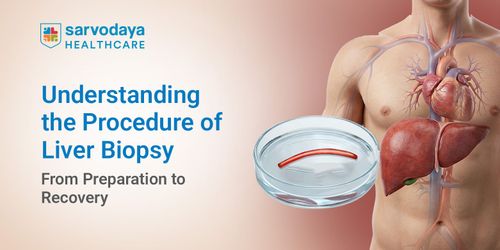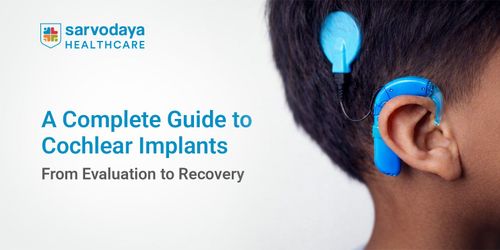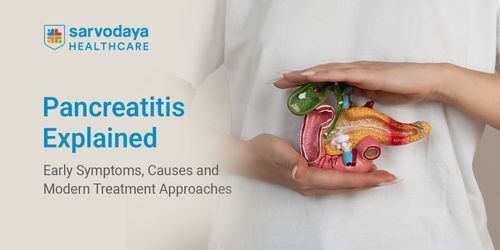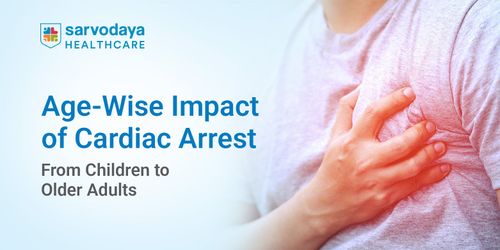Heart diseases are no longer limited to grown-ups. Today, an increasing number of children are being diagnosed with cardiac issues that can significantly influence their growth, development, and quality of life. They are usually either congenital or acquired at an early age and require prompt diagnosis and expert treatment to prevent long-term complications. Recognising the early symptoms of heart disease in children can make all the difference in ensuring a healthy future for your child.
In this blog, we will explore how to detect symptoms of heart disease in children, understand the importance of early diagnosis, and learn about the various congenital heart disease treatments in children.
Understanding Paediatric Cardiology
Paediatric cardiology is a very specialised field of medicine dealing with the diagnosis and treatment of heart problems in infants, children and adolescents. Unlike adult cardiology, it focuses on both congenital and acquired heart diseases, many of which require a different diagnostic and management approach due to the patient’s age and developmental stage.
Some facts about paediatric cardiology include:
- It addresses congenital heart defects, arrhythmias and other complex heart conditions specific to children.
- It involves advanced diagnostic techniques and child-specific surgical or interventional interventions.
- Treatment is often a long-term commitment, requiring consistent follow-ups and family involvement.
Leading centres like the paediatric cardiology hospital in Delhi NCR provide multidisciplinary care supported by skilled paediatric cardiologists, cardiac surgeons, and childcare specialists.
Common Heart Conditions in Children
Heart conditions in children can be either congenital or develop later due to infections, autoimmune disorders, and other causes. These issues require early diagnosis and the right care to help manage them.
Here are some commonly diagnosed heart conditions among children:
- Congenital Heart Defects: These include holes in the heart (like atrial or ventricular septal defects), abnormal heart valves, and problems with heart structure during foetal development.
- Patent Ductus Arteriosus (PDA): A persistent opening between two major blood vessels that branch off the heart.
- Tetralogy of Fallot: This is a combination of four heart defects which influence the flow of blood and oxygen in the body.
- Acquired Heart Diseases: These include conditions like rheumatic heart disease and Kawasaki disease that may cause long-term heart complications if left untreated.
Read More: Heart Diseases in Children: A Guide Every Parent Must Read
Key Symptoms to Watch Out For
In children, heart issues can have symptoms that seem minor or unrelated initially. By knowing the early symptoms of heart disease in children, parents can take action before the condition worsens.
Here are some signs that may indicate an underlying heart problem:
- Breathing Difficulties: Laboured breathing, especially when feeding or sleeping.
- Bluish Skin or Lips (Cyanosis): The blood lacks enough oxygen, particularly noticeable when crying or being active.
- Poor Weight Gain: Failure to gain weight normally, even with a good appetite.
- Chronic Fatigue: Feeling sleepy, tired or a lack of energy when performing daily activities.
- Sweating During Feeding or Play: Unusual sweating during low-intensity activities.
- Swelling in Legs or Abdomen: Indicates fluid retention, which can sometimes occur due to heart conditions.
Diagnosis of Heart Problems in Children
Understanding how to know if a child has a heart problem involves clinical assessment, detailed history, and specialised cardiac investigations. The earlier the issue is detected, the better the chances of preventing complications.
Here are some of the major diagnostic tools used to determine if a child has a heart problem:
- Physical Examination: Listening for heart murmurs or abnormal rhythms with the help of a stethoscope.
- Electrocardiogram (ECG): Monitors the electrical activity and detects arrhythmias or abnormalities.
- Echocardiogram (Echo): A detailed ultrasound used to visualise heart structures or function.
- Chest X-Ray: Evaluates heart size and the condition of the lungs.
- Pulse Oximetry: A non-invasive test to check the level of oxygen in the blood.
- Cardiac MRI or CT Scan: Advanced imaging is used in complex cases for precise visualisation.
Treatment Options for Paediatric Heart Conditions
Once a heart problem is diagnosed, the treatment varies depending on the child’s age, the type of defect and its severity. Fortunately, multiple treatment methods are available for even congenital heart disease treatment in children with the help of modern medicine.
Treatment options usually comprise:
- Medical Management: Medications to support heart function, control symptoms, or regulate heartbeat.
- Catheter-Based Procedures: Minimally invasive techniques used to correct certain defects without open heart surgery, such as closing small holes or widening narrowed valves.
- Surgical Repair or Replacement: More serious cases may require open-heart surgery to repair structural defects.
- Long-Term Monitoring: Regular follow-ups to track heart function and growth, adjusting treatment as needed.
Many families rely on experienced centres like the paediatric heart surgery hospital in Faridabad, which are known for both their skilled teams and state-of-the-art technology.
Finding the Right Specialist for Your Child
When your child is showing symptoms of a heart condition, the most important step is to see a qualified specialist. Finding a child heart specialist near me must not only be convenient but also consider experience, specialisation and availability of advanced facilities.
This is what you need to look for when seeking the right paediatric heart specialist:
- Experience in treating congenital and acquired heart diseases
- Access to a full-fledged paediatric cardiology unit for tests and procedures
- Clear communication, child-friendly approach and empathetic care
- Strong reputation with reviews or hospital affiliation
Conclusion
Children with heart conditions deserve timely and compassionate care, supported by the latest medical innovations. By understanding how to recognise symptoms and the treatment scenario, parents can make sure that their child can live a healthy and active life.
At Sarvodaya Hospital, Faridabad, families can avail themselves of access to trusted paediatric cardiologist in Faridabad from the best paediatric hospital in Faridabad, Delhi NCR. A well-known name in child heart care, the hospital provides individualised treatment plans, advanced diagnostics, and post-surgical support, especially for children. With the support of the dedicated paediatric cardiology experts, each step, from diagnosis to recovery, is guided with expert care and compassion.
Book an appointment today with an experienced specialist to detect hidden issues early and to start the treatment before complications arise.


